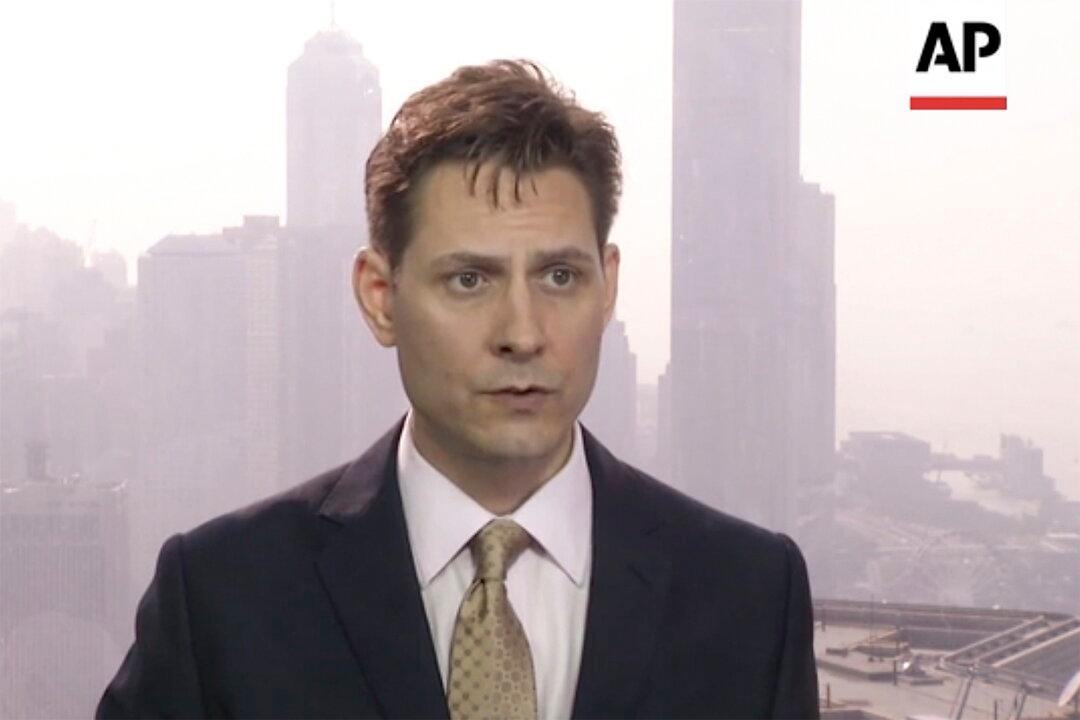TORONTO—The Canadian government says it is aware of the detention of a Canadian citizen in China, and is discussing his case with Chinese authorities.
Michael Kovrig, who at one time served as a diplomat for Canada and helped with Prime Minister Justin Trudeau’s official trip to Hong Kong in 2016, has been detained by Chinese authorities. The reason for his capture has not yet been made clear.





